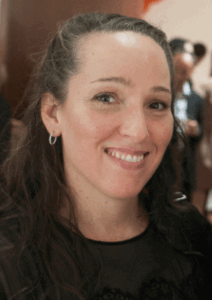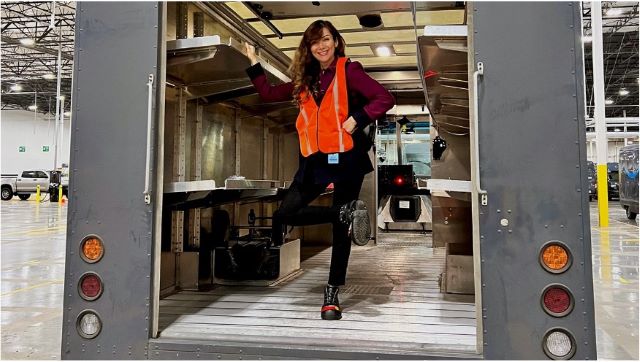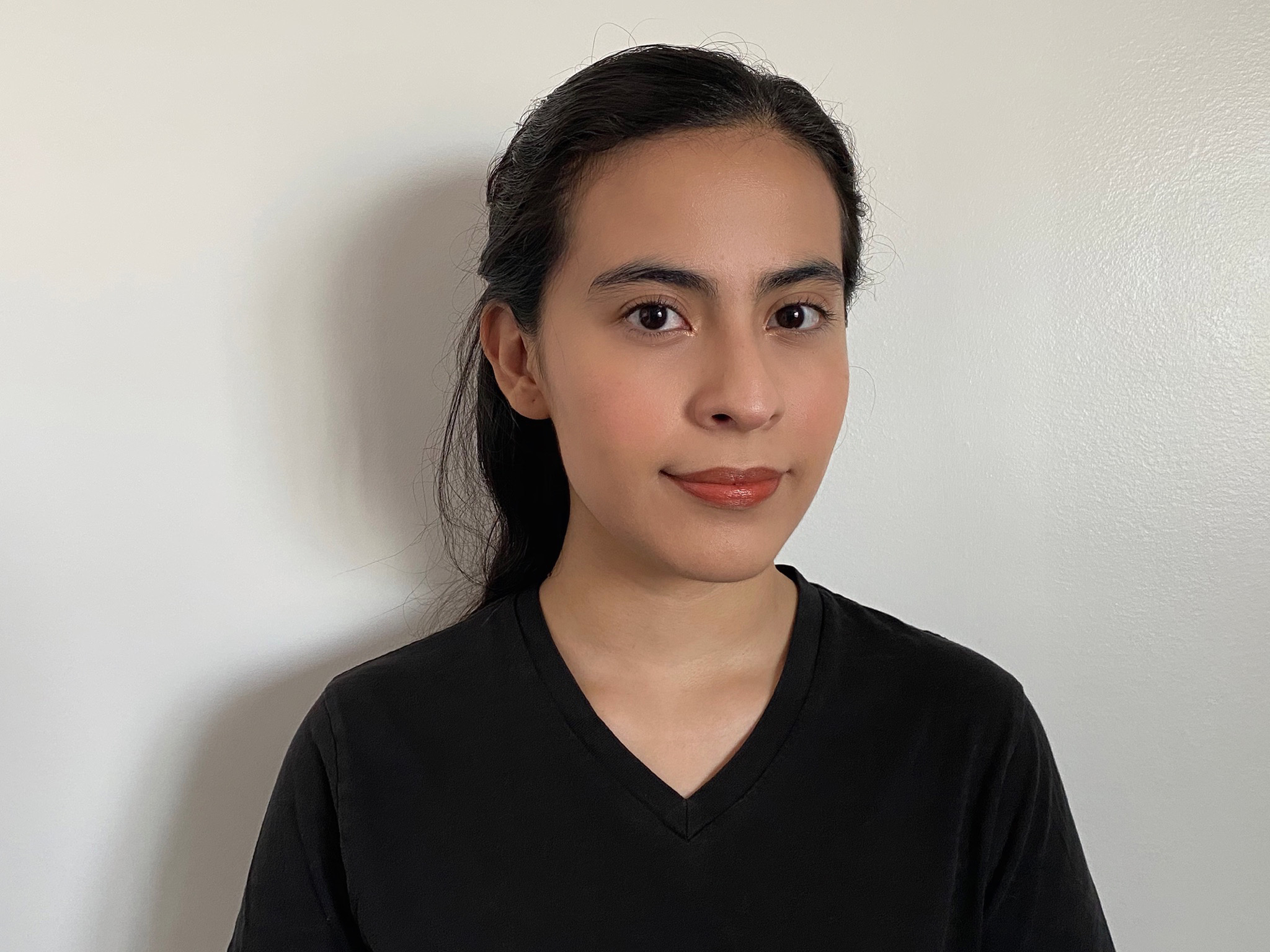Civil engineering is essential for building and maintaining the infrastructure that supports modern society. As Chairperson of the Civil Engineering Department at City College, Dr. Beth Wittig brings dedication to academic excellence and real-world impact in this particular specialization. The department’s efforts have allowed for significant strides in addressing urban challenges and promoting inclusivity in the research field.
Dr. Wittig served as the associate chairperson for the department for seven years before assuming the chairperson role in 2019. Her motivation to become chair stems from a deep belief in the institution’s mission to provide access, opportunity, and transformation and foster creative and innovative research.

Dr. Beth Wittig. Photo: CCNY
“I believe passionately in the mission of City College, and being Chair provided the opportunity to create programming to further advance our students and our contributions to the field and the city of New York,” Wittig shared.
The Civil Engineering Department has become a hub of groundbreaking research, addressing real-world challenges that allow them to access various grants and partnerships.
“The faculty in the department are very research active and bring in well over $10 million annually to the Grove School of Engineering,” Wittig shared.
Research within the department spans focus areas such as environmental engineering, water resources, transportation, structural and geotechnical engineering.
Wittig highlighted some of her colleagues’ work and cited recent advancements that have impacted society, such as Dr. John Fillos‘ project with the NYC Department of Environmental Protection.
“Dr. Fillos’ collaborations with the DEP have led to breakthroughs in how to denitrify wastewater, adopted by the city for use in its own water reclamation facilities,” Wittig shared.
Additionally, the department’s partnerships with industry giants, such as a project led by Dr. Mahdieh Allahviranloo with Amazon.com, Inc., have informed and enhanced logistical and delivery practices.
Beyond academia, the Civil Engineering Department actively engages in collaborations to bridge the gap between theory and practice. Wittig underscores the importance of these alliances, which extend to local, state and federal agencies.
For instance, Dr. Alison J. Conway‘s research in urban transportation logistics has pioneered strategies for managing goods flows in urban areas to support social and economic needs while mitigating environmental and community externalities.

Dr. Mahdieh Allahviranloo during her partnership with Amazon. Photo: Courtesy of Dr. Wittig
Dr. Naresh Devineni is funded by the U.S. Department of Energy to model extreme hydroclimatic events under a changing climate, which will inform the design and planning of civil infrastructure, such as water systems. Similarly, Dr. Reza Khanbilvardi‘s partnership with the National Oceanic and Atmospheric Administration focuses on how environmental justice can be integrated into the national weather services to reduce extreme weather vulnerability in society.
From traditional infrastructure practices to tackling pressing environmental concerns, all collaborations aim to embody the department’s commitment to societal impact.
“My twin goals for the department are to rigorously train students from diverse socio-economic backgrounds to become future leaders in NYC’s agencies and professional organizations and to work closely with city, state, and federal agencies to address pressing infrastructure challenges,” Wittig shared.
Wittig’s vision for the department emphasizes the imperative of inclusivity and collaboration in shaping the future of civil engineering.
“There is no field in which an inclusive workforce is more critical than in civil engineering – a profession that relies on both the professional training and personal life experience of its practitioners and on communications with a broad community of users to plan, design, build, operate, and maintain infrastructure systems that ensure the quality of life for all populations,” Wittig shared.

Sofia is a senior at CUNY Brooklyn College, where she’s pursuing her B.S in Journalism & Media Studies. In addition to writing for The RICC, she’s a writer for the features section of Brooklyn College’s student-run newspaper, The Vanguard. She is also a dedicated writer for the Brooklyn News Service.